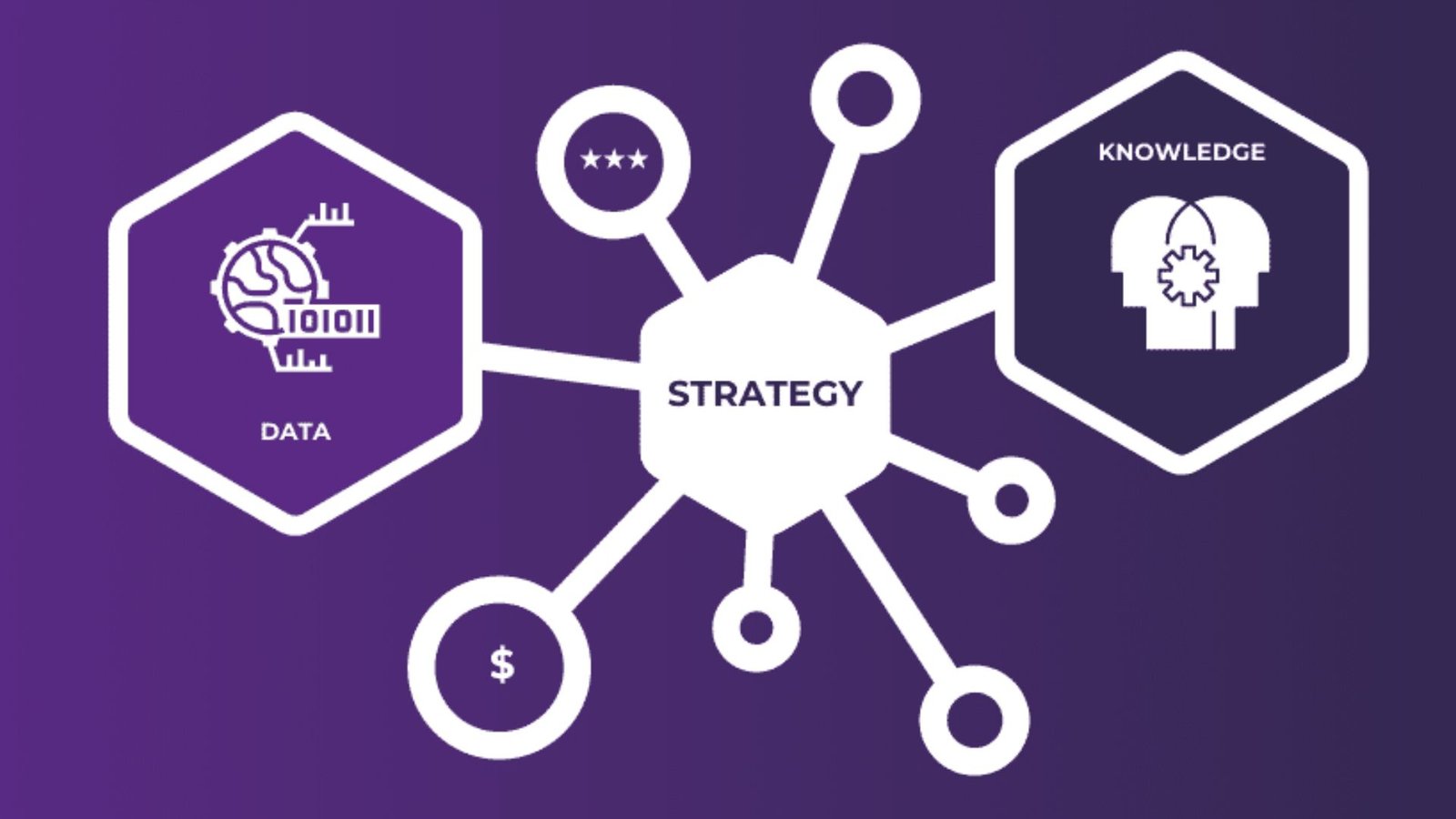Practices for knowledge reuse are essential for organizations looking to enhance efficiency and innovation. By effectively utilizing existing knowledge, teams can save time, reduce redundancy, and foster creativity. In this article, we’ll share best practices that can help you implement effective knowledge reuse strategies within your organization.
Understanding Knowledge Reuse
Knowledge reuse involves taking existing knowledge and applying it to new situations. This process not only helps prevent reinventing the wheel but also encourages teams to leverage insights from past experiences. By adopting best practices for knowledge reuse, you can create a more dynamic and resourceful workplace.

1. Establish a Central Repository
To promote effective knowledge reuse, start by establishing a central repository where all valuable information is stored. This repository should be easily accessible to all team members. Use a digital platform that allows for organized categorization, so everyone can quickly find what they need. Having a single source of truth simplifies the knowledge-sharing process and encourages reuse.
2. Encourage Collaboration Among Teams
Collaboration is key to successful knowledge reuse. Encourage teams to work together on projects and share their findings. When team members from different departments collaborate, they can offer diverse perspectives that enhance the knowledge base. Regular cross-functional meetings can provide opportunities for knowledge sharing and help break down silos.
3. Promote a Culture of Knowledge Sharing
Creating a culture that values knowledge sharing is vital for effective knowledge reuse. Encourage team members to share their insights and lessons learned from projects. Recognize and reward those who actively participate in knowledge-sharing activities. When employees feel their contributions are valued, they are more likely to engage in knowledge reuse.
4. Document Lessons Learned
After completing a project, it’s important to document lessons learned. This practice allows teams to reflect on what worked well and what didn’t. By creating a record of these insights, you ensure that future projects can benefit from past experiences. Make it a standard procedure to include lessons learned in project wrap-up meetings.
5. Use Technology Wisely
Leverage technology to facilitate knowledge reuse. Use tools such as wikis, forums, or intranet platforms where team members can post information, share ideas, and ask questions. These platforms encourage ongoing conversations and provide a space for collective knowledge to grow. By utilizing technology, you can enhance the visibility of existing knowledge.
6. Provide Training and Resources
To effectively implement practices for knowledge reuse, provide training and resources to your team. Offer workshops on how to access and use the knowledge repository. Educate employees on the importance of knowledge reuse and how it can benefit their work. Providing these resources ensures that everyone knows how to take advantage of the available knowledge.
7. Foster a Safe Environment for Sharing
Creating a safe environment for sharing knowledge is crucial. Team members should feel comfortable sharing their ideas without fear of criticism. Encourage open discussions and emphasize that all contributions are valuable. When employees feel safe, they are more likely to share their knowledge, leading to greater reuse.
8. Regularly Update Knowledge Repositories
To keep knowledge relevant and useful, regularly update your knowledge repositories. Remove outdated information and ensure that all content is current. Assign responsibility for maintaining the repository to specific team members. This ongoing maintenance helps ensure that the knowledge remains applicable and encourages its reuse.
9. Monitor and Evaluate Knowledge Reuse Efforts
To assess the effectiveness of your practices for knowledge reuse, monitor and evaluate your efforts. Gather feedback from team members on the usability of the knowledge repository and the effectiveness of knowledge-sharing initiatives. Use this feedback to make improvements and adjustments as necessary.
10. Celebrate Successes That Result from Knowledge Reuse
Finally, celebrate successes that come from knowledge reuse. Acknowledge teams and individuals who effectively leverage existing knowledge to achieve their goals. Celebrating these achievements reinforces the value of knowledge reuse and encourages others to follow suit.
Conclusion
Implementing effective practices for knowledge reuse is vital for any organization looking to improve efficiency and innovation. By establishing a central repository, encouraging collaboration, and promoting a culture of sharing, you can create an environment where knowledge is effectively reused. Remember that knowledge is a powerful asset, and reusing it can lead to significant benefits for your team and organization.










